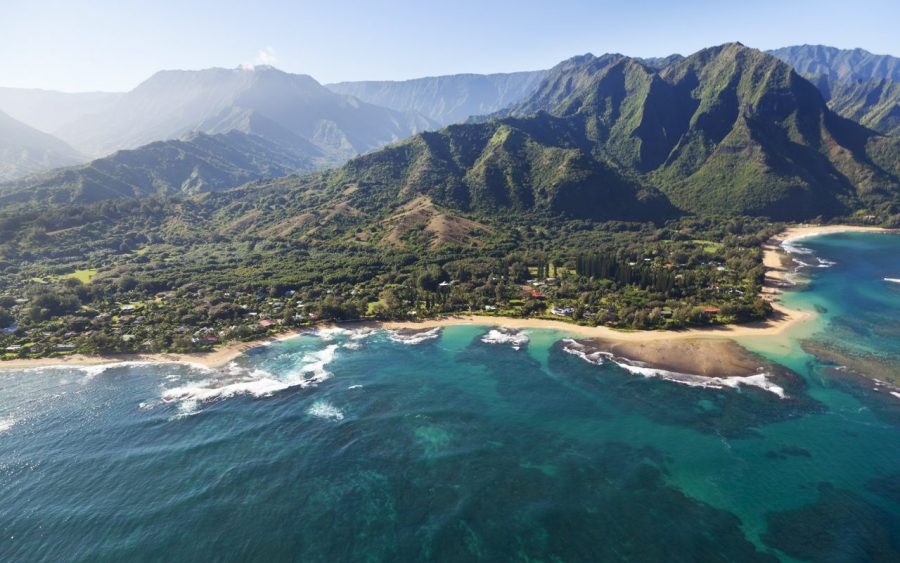Data shows slow progress for Hawaii’s medical cannabis reciprocity program
As many as 5,000 new out-of-state patients were expected to sign up for medical cannabis cards in Hawaii this year
In an effort to amplify sales counts for Hawaii’s medical cannabis program, the state introduced a reciprocity program at the start of the year. Unfortunately, the turnout has not been as lucrative as expected for the archipelago, which entices millions of tourists on an annual basis.
Although the money-making potential is there, surprisingly fewer non-Hawaiian residents have been signing up to legally procure and consume medicinal-grade cannabis in the volcanic palm-tree speckled U.S state.
As of June, a mere 533 tourists had signed up to receive temporary medical cannabis cards for use inside Hawaii’s state-licensed dispensaries. Hawaii MMJ registration cards cost $45 and have 60-day validity.
Slow start for Hawaii’s medical cannabis reciprocity program doesn’t concern HEALTH executive director
Between March – when the out-of-state program initially launched following the passing of House Bill 2729 – and the end of May, enrolment figures rested at around 160 new monthly patients. The number of out-of-state patients who joined Hawaii’s medical cannabis reciprocity program in June of this year plummeted to just 50.
“We did expect that it would be slow to begin with. The primary priority has been to make sure there is enough product and services for local populations,” said the executive director for Hawaii Education Association for Licensed Therapeutic Healthcare, Pedro Haro, who believes that a slow start to Hawaii’s medical cannabis reciprocity program doesn’t necessarily suggest failure.
“We didn’t want for it to grow very quickly and exhaust the limited supply,” added Haro on behalf of the association, which acts as the voice of Hawaii’s licensed medical cannabis dispensaries.
Haro made a point of noting that no data currently exists to demonstrate the number of tourists who have been eligible to receive medical cannabis as a treatment. Because of this, there is no way of saying that the state’s medical cannabis reciprocity program has failed.
Hawaii State Department of Health’s out-of-state patient enrollment predictions have not transpired
As many as 5,000 new out-of-state patients were expected to sign up for medical cannabis cards in Hawaii this year. This is according to the state health department.
Eventually, the department anticipates 30,000 per year, but Haro believes that these estimates shouldn’t be anything to go by.
“When the data doesn’t exist, it’s hard to make those projections,” Haro said, adding that it is difficult to put a number on just how many tourists will apply for enrolment in the future.
With such a slow start, the reciprocity program will really need to start gaining momentum if the department’s enrolment expectations are to be met.








